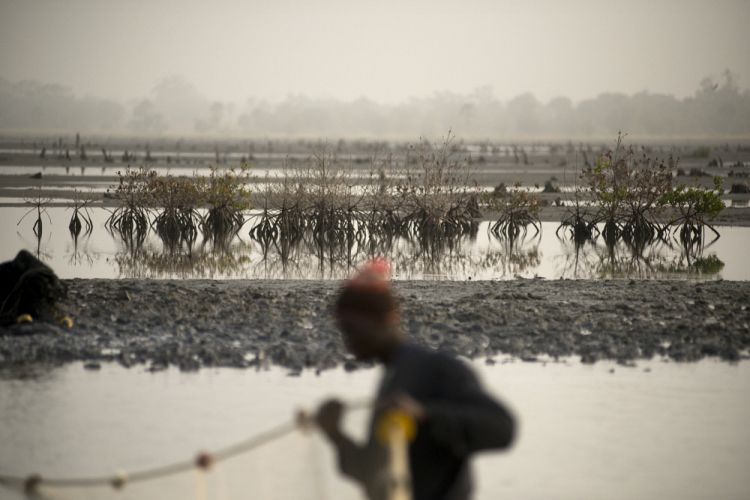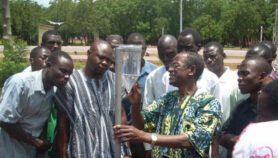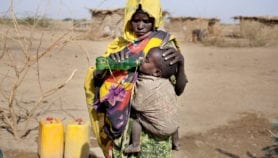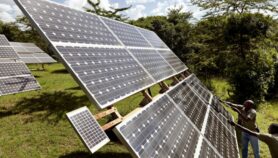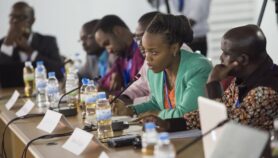By: Samuel Hinneh
Send to a friend
The details you provide on this page will not be used to send unsolicited email, and will not be sold to a 3rd party. See privacy policy.
[ACCRA] The Canadian government is rolling out a training programme to build the capacity of African mathematical scientists to create climate change adaptation and mitigation solutions to tackle socio-economic related problems.
Over the next five years, the African Institute for Mathematical Sciences – Next Einstein Initiative (AIMS-NEI) will receive 22.6 million Canadian dollars (about US$17.3 million) from Global Affairs Canada and the International Development Research Centre (IDRC).
“Whether it is modelling climate change adaptation or analysing food and water, the solutions require experts with strong mathematical skills.”
Jean Lebel, IDRC
The funding allows AIMS to develop a specialised programme in climate change at its centre in Rwanda and also offer climate change course option at other AIMS centres in Cameroon, Ghana, Senegal, South Africa and Tanzania.
Another AIMS centre is expected to open in Francophone Africa. AIMS seeks to assist three research chairs to build capacity of 50 Africans in specialised knowledge to solve climate change effects in Africa.
Jean Lebel, the president of the IDRC, told SciDev.Net in an interview done last month (29 September) that the ultimate objective is to create future leaders who can address the continent’s complex economic, health, agricultural and environmental challenges.
"It is in all of our interest for experts from all continents, including Africa, to work together to solve these problems," Lebel says.
She states that the specifics of training areas are yet to be developed, but explains that some AIMS alumni have developed crop models to estimate the future of food security and used mathematical modelling to help industry convert waste to energy.
"Whether it is modelling climate change adaptation or analysing food and water, the solutions require experts with strong mathematical skills, the kind of expertise AIMS can help to develop in Africa," Lebel tells SciDev.Net.
Thierry Zomahoun, president of AIMS, says that initiative aims to increase the critical mass of mathematical scientists contributing to sustainable development in Africa.
Daniel Oberko, the coordinator of Food Security Policy Advocacy Network, Ghana, adds that the programme shows the commitment made by developed countries meetings to help developing countries solve problems posed by climate change.
He recommends that African scientists to focus on the interests of the entire continent in developing solutions to solve challenges such as food insecurity to transform Africans.
This piece was produced by SciDev.Net’s Sub-Saharan Africa English desk.


